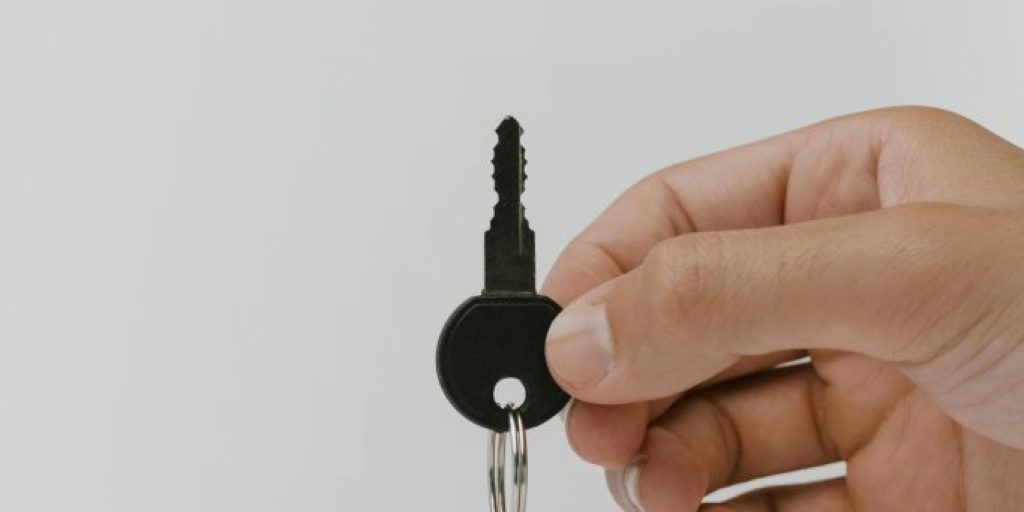The Press Council’s PAIA manual
Section 32 of the Constitution states that, ‘Everyone has a right of access to any information held by the state and any information held by another person that is required for the exercise or protection of any rights’.
The Promotion of Access to Information Act, No. 2 of 2000 (PAIA) was enacted to give effect to the constitutional right of access to information. PAIA first came into operation on 9 March 2001.
In terms of the Constitution and PAIA, all people in South Africa, including non-nationals, can request information from public and private bodies.
The objectives of PAIA, explained by the South African Human Rights Commission here, are:
- to promote transparency, accountability and effective governance of all public and private bodies
- to assist members of the public to effectively scrutinise and participate in decision making by public bodies
- to ensure that the state promotes a human rights culture and social justice
- to encourage openness
to establish voluntary and mandatory mechanisms or procedures which give effect to the right of access to information in a speedy, inexpensive and effortless manner
Here is the Department of Justice and Constitutional Development’s PAIA-FAQ
The Press Council’s own PAIA manual is useful to:
- check the categories of records held by a body which are available without a person having to submit a formal PAIA request
- have a sufficient understanding of how to make a request for access to a record of the body, by providing a description of the subjects on which the body holds records and the categories of records held on each subject
- know the description of the records of the body which are available in accordance with any other legislation
- access all the relevant contact details of the Information Officer and Deputy Information Officer who will assist the public with the records they intend to access
- know the description of the guide on how to use PAIA, as updated by the Information Regulator and how to obtain access to it
- know if the body will process personal information, the purpose of processing of personal information and the description of the categories of data subjects and of the information or categories of information relating thereto
- know the description of the categories of data subjects and of the information or categories of information relating thereto
- know the recipients or categories of recipients to whom the personal information may be supplied
- know if the body has planned to transfer or process personal information outside the Republic of South Africa and the recipients or categories of recipients to whom the personal information may be supplied, and
- know whether the body has appropriate security measures to ensure the confidentiality, integrity and availability of the personal information which is to be processed.
The Press Council’s Chief Information Officer is:
Latiefa Mobara
Tel: 011 484 3612
email: [email protected]
The Press Council’s Deputy Information Officer is:
Fanie Groenewald
Tel: 011 484 3612
email: [email protected]
You can read more about Latiefa Mobara and Fanie Groenewald here.
Download the Press Council’s PAIA manual here: PAIA-Manual-PCSA2022
Werksmans Attorneys explains the difference between PAIA and POPIA here.
- POPIA gives effect to section 14 of the Constitution which provides that everyone has the right to privacy. It does this whilst balancing the right to privacy against competing rights and interests, particularly the right to access to information.
- PAIA gives effect to section 32 of the Constitution, which provides that everyone has the right to access information held by the State, as well as information held by a private body when such privately-held information is required for the exercise and protection of rights.
The Information Regulator has PAIA guides in Afrikaans, English, isiNdebele, isiXhosa, isiZulu, Siswati, Sepedi, Sesotho, Setswana, Tshivenda and Xitsonga.
Here are the results of the Information Regulator’s public opinion survey on awareness about the right to privacy as it relates to PAIA: POPIA-summary-report
This report was released in March 2023.




